Adolescent Residential Treatment Center for Eating Disorders in Los Angeles, CA
Eating disorders are challenging to manage and often misunderstood. These disorders are typically treated in outpatient therapy, but severe cases may require more intensive residential treatment. Compass Behavioral Health’s adolescent residential treatment center for eating disorders provides in-house services to help teens develop strong coping strategies and live healthier lives.
When to Choose Adolescent Residential Treatment for Eating Disorders
Residential treatment should be considered when outpatient programs are no longer sufficient to treat an eating disorder. In particular, parents should be careful to note the following to identify when residential treatment should become a serious consideration:

Adolescent Residential Treatment Methods
Treatment for eating disorders is always tailored to the needs of the patient; however, there are various modes of therapy we use. The most common examples (each of which is offered here at Compass Behavioral Health) include:
Dialectical Behavioral Therapy (DBT)
DBT was developed by Marsha Linehan as a means of treating borderline personality disorder, but it has since been expanded to treat other behavioral disorders, including eating disorders. DBT emphasizes the dialectical belief that two seemingly opposed beliefs can be true at once, making it particularly valuable when treating the nuances inherent in eating disorders.
DBT therapy is our specialty here at Compass Behavioral Health, and our staff is specially trained to tailor DBT treatment. Patients and residents will benefit from a staff trained in MED-DBT (Multi-diagnostic eating disorder DBT) therapy, which focuses on identifying unhealthy eating patterns and applying targeted strategies, techniques, and exercises accordingly.
Enhanced Cognitive Therapy (CBT-E)
Enhanced Cognitive Therapy is a more personalized form of Cognitive Behavioral Therapy (CBT), the gold standard outpatient treatment for eating disorders.
Most often, CBT-E is conducted on an outpatient process over approximately 20-40 weeks, depending on the severity of the case; however, the principles and skills practiced in CBT-E (e.g., education, planning, process analysis, and emphasis) can be implemented on a residential basis for more effective treatment.
Intensive Family Skills Coaching
Typically (but not always) an outpatient treatment, IFSC helps families develop supportive skills that provide patients with essential support to improve the quality of their lives.
Common Questions About Residential Treatment
How Do Your Therapists Treat Eating Disorders?
We use various treatment methods, including DBT, CBT, and IFSC based approaches. We know recovery isn’t a one-size-fits-all model, and we will tailor and customize a treatment plan based on a thorough assessment of your teen.
What Should I Look For In a Residential Center?
Adolescent residential treatment centers for eating disorders should include several essential features for in-house treatment:
Staffing: The center should be sufficiently staffed to keep eyes on patients 24/7 to provide support and monitor the patient’s eating habits. Similarly, you should consider if the center provides medical support for patients.

How Do You Incorporate Family Therapy?
Effectively treating an eating disorder means creating a positive environment for the patient, which means family members often have skills they need to develop in tandem with the patient. Treatment centers specializing in eating disorders need to have the bandwidth to provide these services, in the form of educational materials and family-inclusive therapy sessions, to help families develop these skills and ensure a better treatment outcome for the patient.
That’s why Compass Behavioral Health prioritizes family therapy as a fundamental factor in treating eating disorders. Not every family is the same, so we offer several approaches to family therapy depending on the needs of the patient:
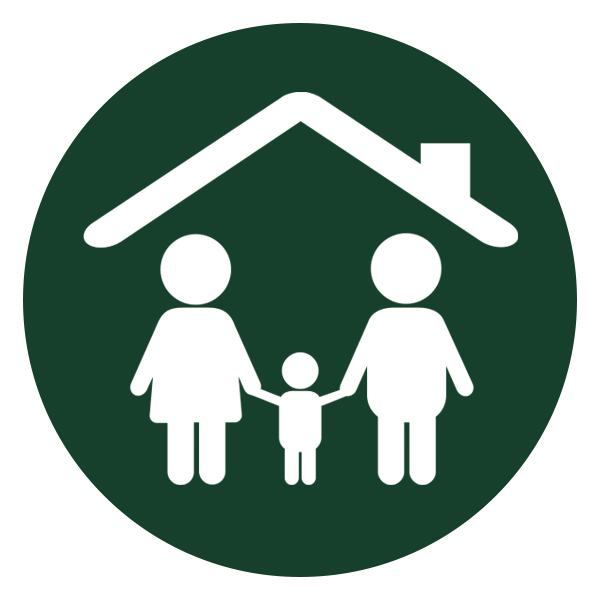
Family Therapy Sessions
2x a week, 1.5 hours

Multi-Family Dialectical Behavior Therapy Skills Group
1x a week, 2.5 hours
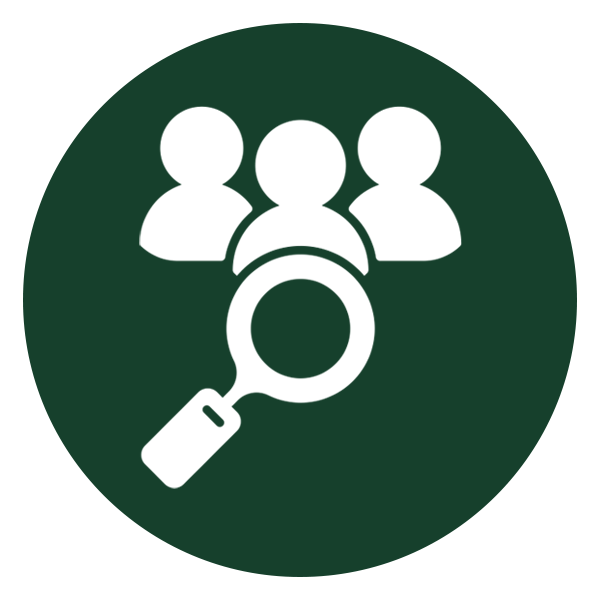
Attachment-Focused Multi-Family Group
1x a week, 1 hour
Designed to provide families with information on attachment theory as it pertains to their current family structure, identifying methods for improvement over time.
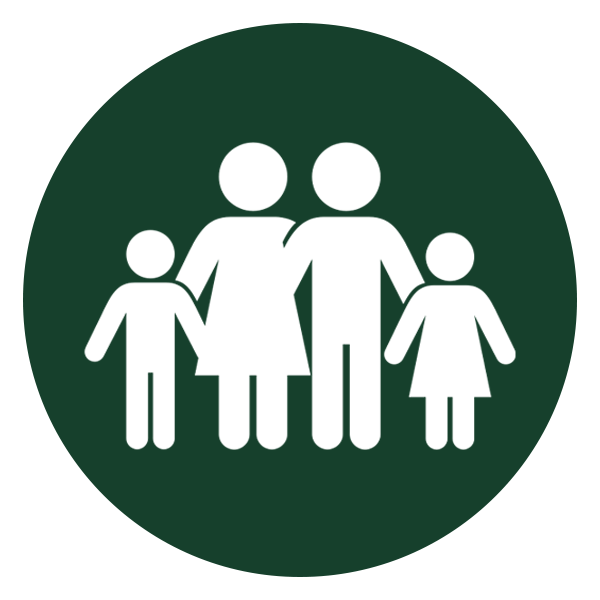
Parent Effectiveness Training
1x a week, 1.5 hours

How Does the Facility Ensure the Safety of My Teen?
Eating disorders require constant support, necessitating the input of a skilled team of mental health professionals. Quality residential treatment programs for eating disorders, like the one at Compass Behavioral Health, provide this for patients in a variety of important ways:
How Is Treatment Specialized?
Specializing treatment for eating disorders is done according to each patient’s unique treatment plan, however, the most common customizations include:

Dialectical Practice
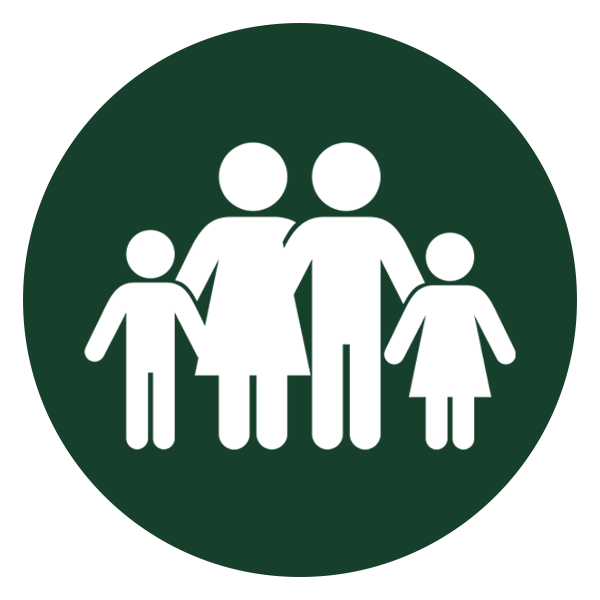
Family-Based Therapy

Age-Appropriate Therapy
Treatment Should Be Transparent
Compass Behavioral Health strives to create an environment where residents and their families feel welcome.
As such, we deliver clear pricing information and work with various insurance providers.
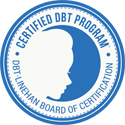
Compass Behavioral Health proudly holds the distinction of being California’s first Certified Program™ by the DBT-Linehan Board of Certification. Our program is highly respected and is designated as a DBT Rotation & Training Site for UCI Medical School Child & Adolescent
Why Choose Compass?
We pride ourselves on offering the best care for our residents by utilizing evidence-based practices and expert specialists. Our center is fully certified in multiple treatment methods, and our specialists are trained in skills that provide scientifically significant results.
We believe the quality of our program lies both in our skills as DBT providers as well as the emphasis our program places on family involvement to create an environment for lasting recovery. We consider it an honor to work with you and your child to help them build a life worth living.
Our centers are located just outside of Los Angeles, where we provide residential and outpatient programs to treat eating disorders.
If you’re interested in learning more about our adolescent residential treatment program for eating disorders, contact us for a free consultation.

